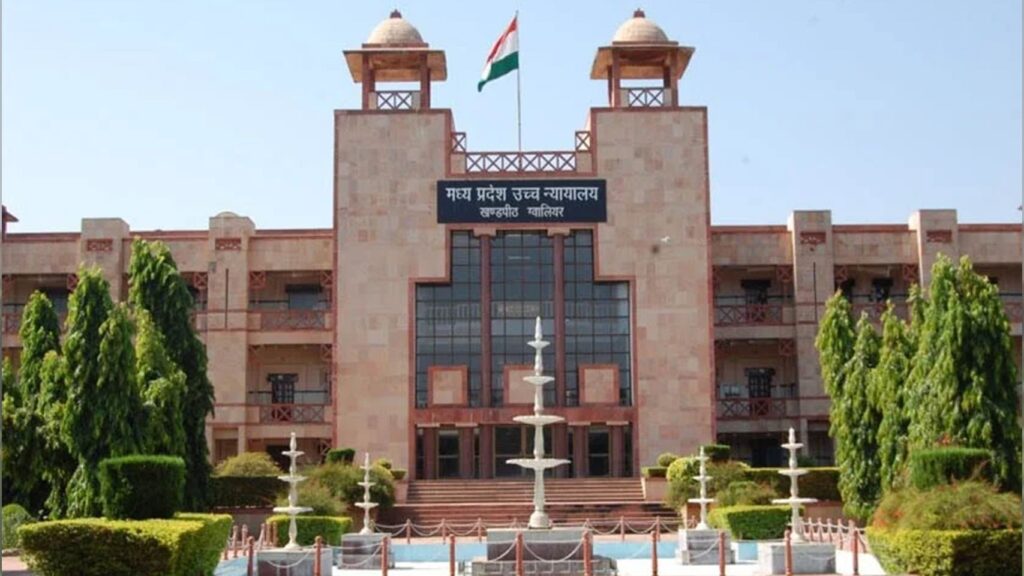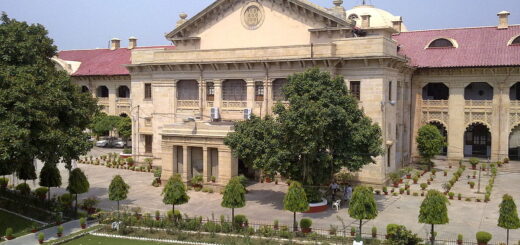Madhya Pradesh High Court states that a wife’s love and affection for another person, without any physical relationship, does not count as ‘adultery.’

The Madhya Pradesh High Court decided that a wife’s emotional love for someone else, without any physical relationship, does not count as adultery. This ruling came from a case where a husband challenged a family court’s order to pay his wife ₹4,000 in temporary maintenance. He claimed that because his wife loved another man, she should not receive any support. Justice GS Ahluwalia explained that adultery requires sexual intercourse. He stated, “Adultery necessarily means sexual intercourse. Even if a wife has love and affection for someone else without physical relations, that alone cannot be enough to say she is committing adultery.”
Advocate Vitthal Rao Jumre represented the husband. The High Court dismissed his argument, noting that according to Section 144(5) of the Bharatiya Nagarik Suraksha Sanhita (BNSS) and Section 125(4) of the Code of Criminal Procedure (CrPC), maintenance can only be denied if it is shown that the wife is living in adultery, which involves sexual relations. Thus, the Court concluded that emotional connections without physical intimacy do not qualify as adultery. The husband also mentioned his financial situation, stating he earned ₹8,000 a month as a Ward Boy and believed the ₹4,000 maintenance was excessive, especially since his wife was already receiving that amount under Section 24 of the Hindu Marriage Act. However, the Court remarked, “In the said certificate, the place of issuance and date of issuance are not mentioned. Therefore, unless and until that salary certificate is duly proved by the authorities who have issued the same, it is difficult for this Court to rely on the said certificate at this stage.”
The Court pointed out that the husband did not challenge his ability to work and earn money, stating that his low income was not a sufficient reason to refuse maintenance. The Court remarked, “A small income from the husband cannot be a reason to deny maintenance. If he married knowing he could not even meet his own basic needs, he is responsible for that. However, if he is capable, he must earn to support his wife or pay maintenance.” Additionally, the Court noted that the husband failed to provide proof that the wife operated a beauty salon. It stated, “The husband has not submitted any documents to show that his wife owns a property for a beauty salon or how much she earns from it. This issue needs to be resolved with evidence. Simply claiming that the wife runs a beauty salon is not enough to deny her interim maintenance, especially without any documents proving she operates it in her own shop or a rented one.”
The husband also argued that he had lost family properties. However, the Court rejected this claim, suggesting that the notice of dispossession seemed like a strategy possibly influenced by legal advice, as he was still living with his father. Regarding maintenance, the Court emphasized that a wife has the right to maintenance under all relevant laws. Since the family court had already granted ₹4,000 in maintenance under the Hindu Marriage Act, the High Court determined that the trial court did not make any major mistakes in awarding the same amount under Section 125 of the CrPC. Consequently, the High Court dismissed the husband’s revision petition, upholding the family court’s decision.
Cause Title: X v. Y, [2025:MPHC-JBP:2143]








